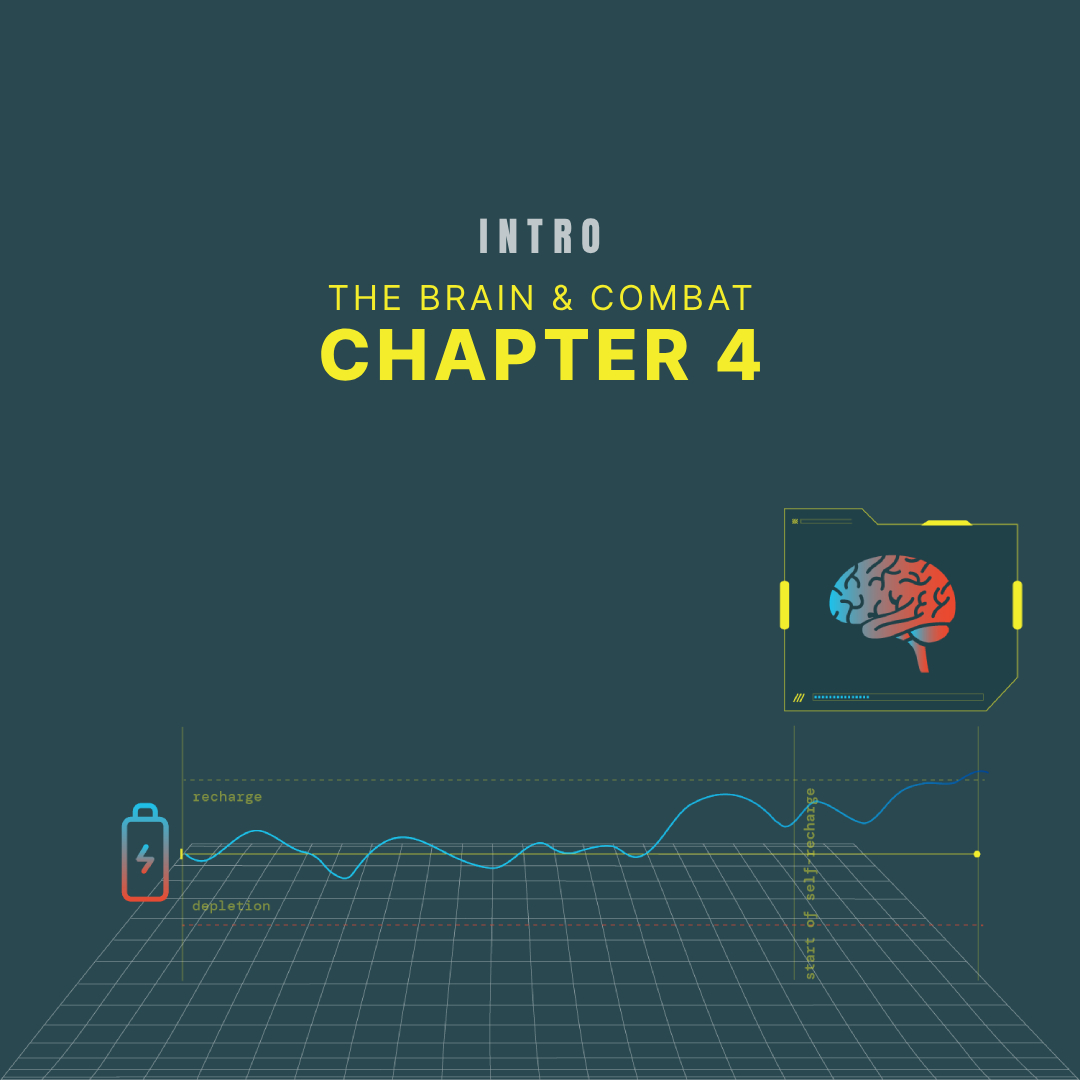This forth chapter of The Brain and Combat series about long-term mental preparation methods is undoubtedly the most important one with the biggest impact on one’s tournament success.
Practical tools and strategies will be provided to you to address the vulnerabilities of your game and offer workarounds for the cases where your mental design might not be fully supportive. You will also discover the most effective methods to improve combat resilience and responsiveness.
…with a diverse set of tools, techniques, and actionable advice, when embedded in your training routine, marks the birth of a champion. The changes achieved by implementing the recommended adjustments are fundamental and long-lasting, setting you up for a smooth way towards the hall of fame.
Demanding exercises
The chapter includes numerous exercises that require mental and emotional resources. It is advised to spread the exercises over several days, pause when necessary, and revisit the content when you feel rested enough to continue.
£285.00Read more

Purchases can be made individually or through clubs/schools/institutes that have partnered with us for the benefit of their members.
